7 start with E start with E
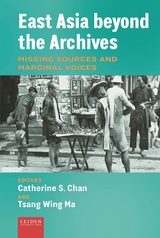
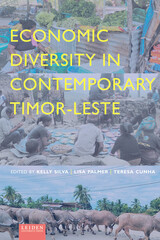
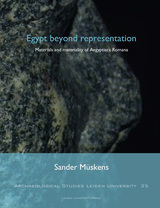
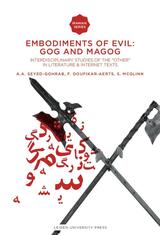
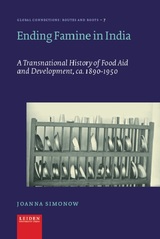
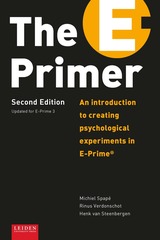
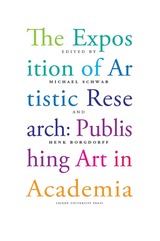
The Exposition of Artistic Research: Publishing Art in Academia introduces the pioneering concept of ‘expositions’ in the context of art and design research, where practice needs to be exposed as research to enter academic discourse. It brings together reflective and methodological approaches to exposition writing from a variety of artistic disciplines including fine art, music and design, which it links to questions of publication and the use of technology. The book proposes a novel relationship to knowledge, where the form in which this knowledge emerges and the mode in which it is communicated makes a difference to what is known.
READERS
Browse our collection.
PUBLISHERS
See BiblioVault's publisher services.
STUDENT SERVICES
Files for college accessibility offices.
UChicago Accessibility Resources
home | accessibility | search | about | contact us
BiblioVault ® 2001 - 2024
The University of Chicago Press









